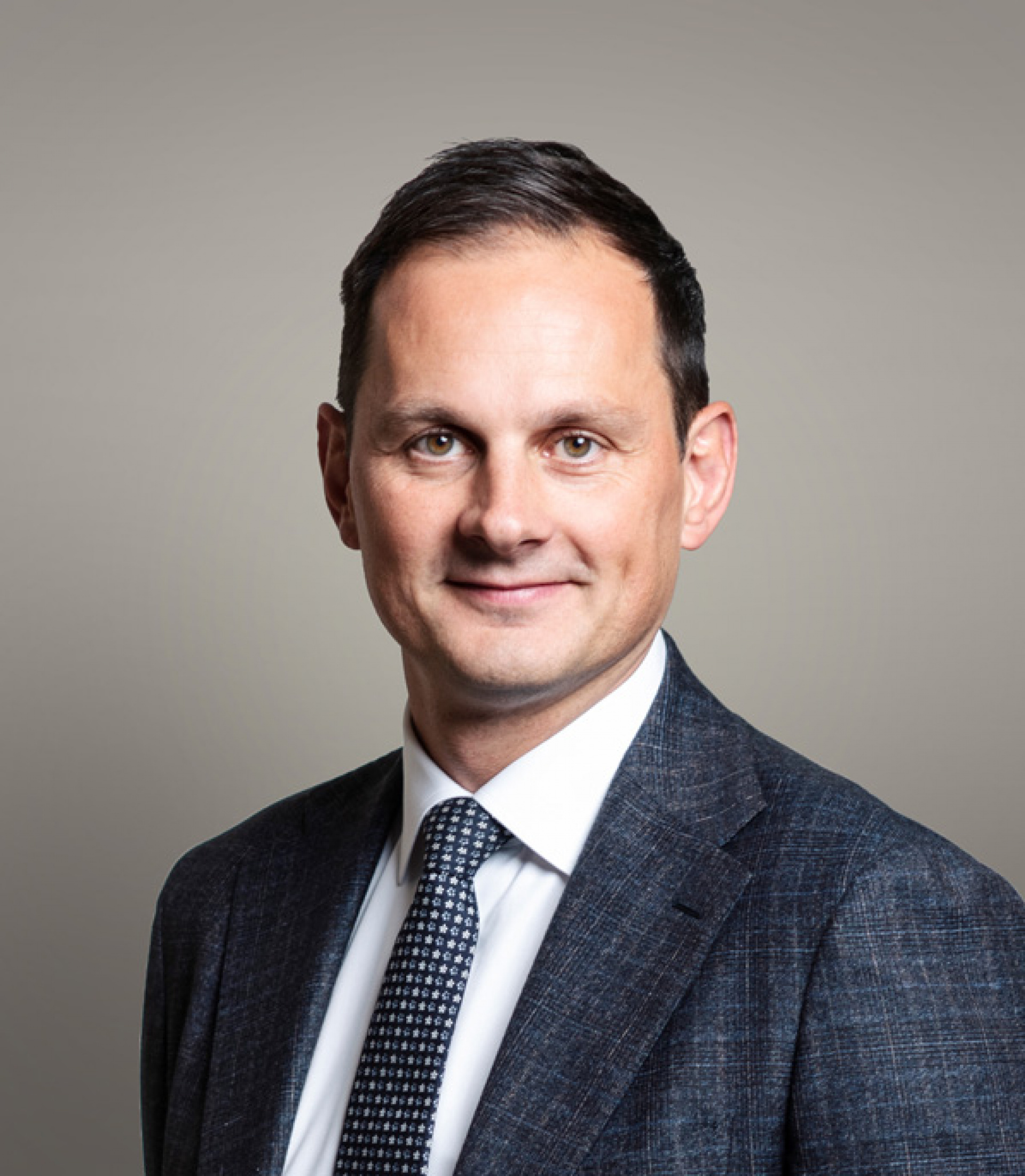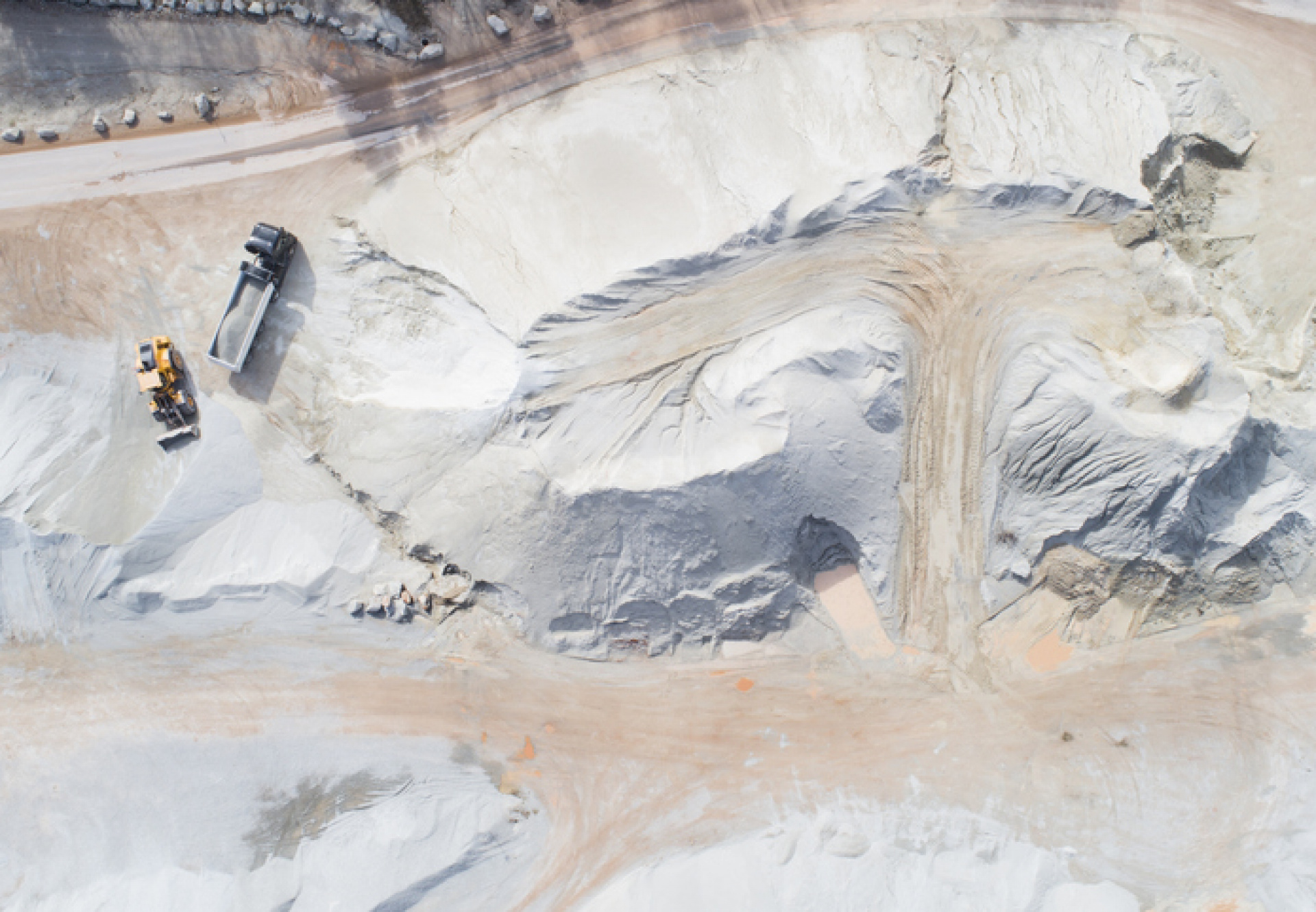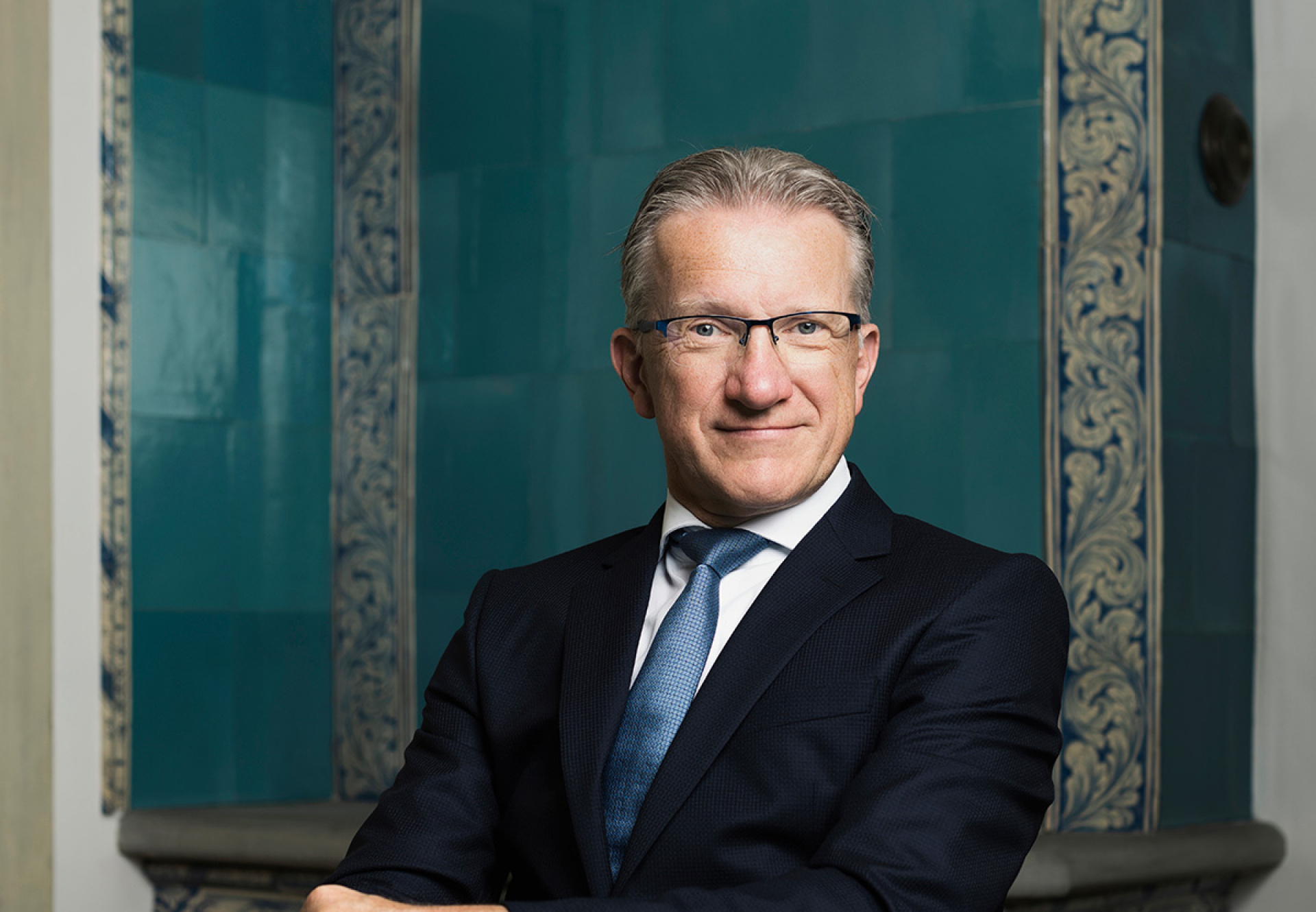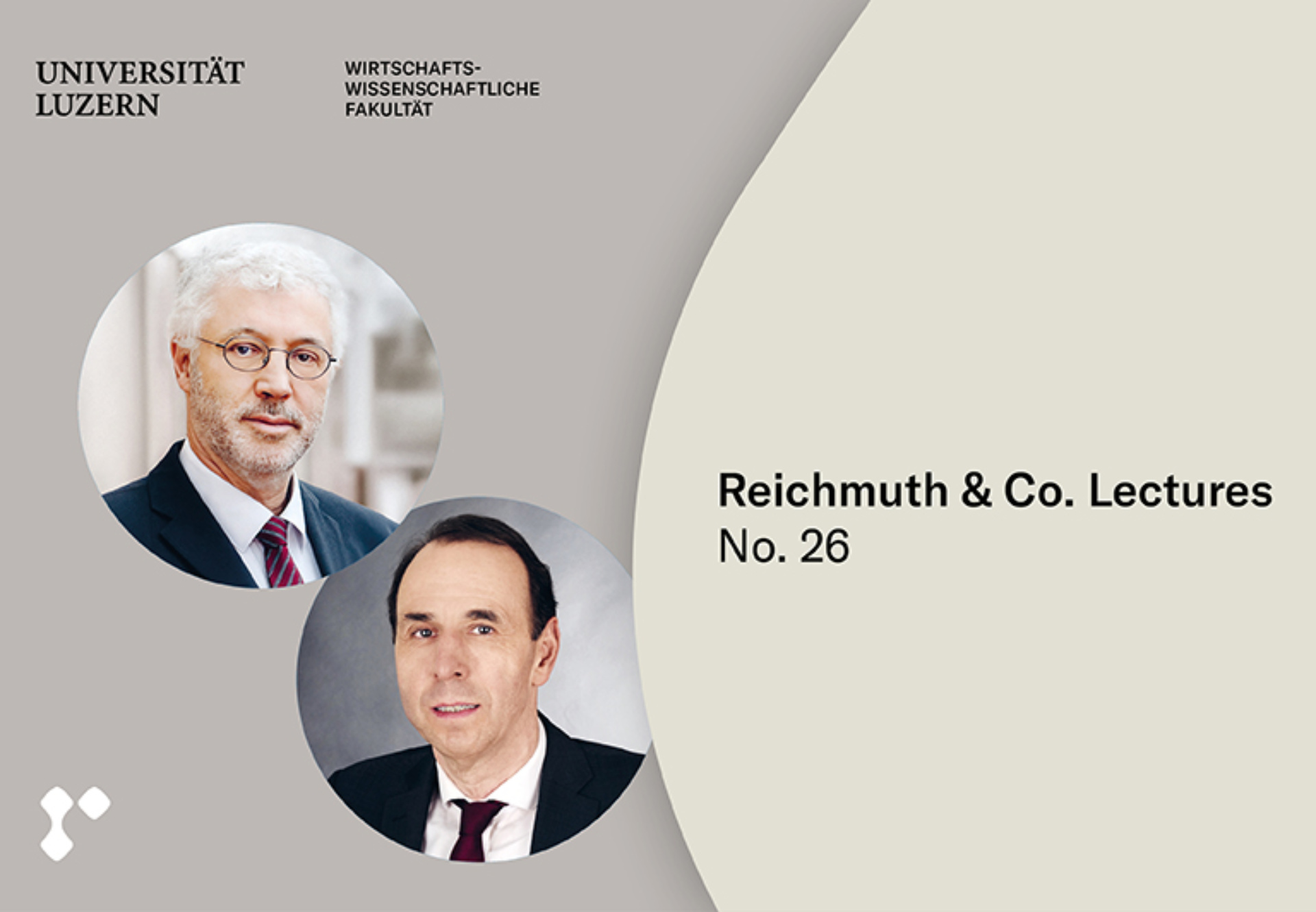Not the first crisis
Interview with Remy Reichmuth about the current situation
What has been happening during the first few months of 2020?
January is always a busy month with lots of annual reports. It was a pleasure to prepare them since the 2019 investment year delivered very satisfactory results. Then things took a different course in February. Naturally, we were following the development of the coronavirus in China, but the reports from Lombardy were dramatic. The markets crashed almost immediately. Computer-based strategies and margin calls only intensified the correction, as did most likely those passive investors who buy up the entire index in such phases and no longer differentiate between higher and lower quality stocks.
In the meantime, the Swiss stock market has dropped 25 % from its highest level.
That is, after it succeeded in growing around 200 % since the end of 2008. The collapse is manageable over the long term – especially if you compare it to the negative interest rate environment for nominal assets. Equities remain one of the most attractive asset classes. Adding alternative investments such as gold, infrastructure, hedge funds or even insurance-linked securities help to diversify your portfolio and make it more robust. This is one of the reasons why our corporate strategy has suffered less in comparison with others.
How have clients reacted to the market turbulence?
No one is happy to see negative share price development in their portfolio. However, based on the headlines, many clients expected the losses to be higher than the ones actually reported. The majority remained calm; after all, it’s not the first crisis for many of them. Especially in turbulent phases, it’s crucial not to lose sight of your strategy’s long-term goal. There are also clients who were waiting for the opportunity to buy in at attractive prices. They can see entry opportunities now.
How have you adjusted your or-ganisation in light of the current situation?
We had to convene our crisis committee, which has two objectives. Firstly, to keep operations fully functional for clients and markets, and secondly, to protect everyone involved – clients, business partners, employees, etc. – to the greatest degree possible. So, we activated and refined our pandemic plan with different steps. We are implementing the measures provided by the federal government and have reorganised our office setup in the teams to allow for physical distancing for individual employees. More than half of our staff are working from home. These organisational adjustments were carried out quickly and relatively smoothly – and almost unnoticed by our clients, which really pleased me.
What is it like to be personally liable in such uncertain times?
Our structure as an owner-managed family business with unlimited liability encourages personal responsibility in general and ensures that we do not try our hand at experimenting. The result of this approach, which is of central importance, is that we always have risks under control. That’s why as a bank we don’t operate a commercial lending business, for example, which could have been a risk in the current environment. We focus on those activities through which we can offer added value. This also protects against dispersal. We have also given our bank a very solid foundation. As an example, we have far exceeded the capital adequacy requirements of the banking supervisory authorities for years now.
What is your advice for our readers?
Our team is in close contact with clients and is assisting them in aligning their personal asset goals with the current environment. Any readers who have not yet been in direct contact with us are more than welcome to call me! After the recent upheavals, there are many opportunities that provide added value.






